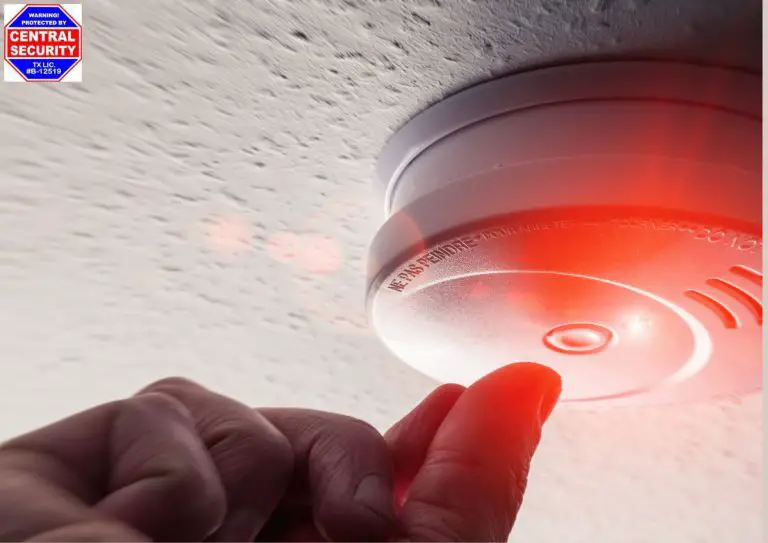Security and safety have become paramount concerns for individuals, businesses, and communities in our modern world. One of the tools that help maintain this security is the alarm system. However, owning an alarm system often involves responsibilities beyond just installing it. This is where alarm permits come into play. Alarm permits in Houston are important to ensure that alarm systems serve their intended purpose without causing unnecessary disruptions to law enforcement and local communities.
What is an Alarm Permit?
An alarm permit is a legal authorization granted by local authorities that allow individuals or businesses to operate an alarm system at a specific location. This permit is usually obtained through the local police department or a designated city office. It’s important to note that alarm permits are not universal – they vary by jurisdiction, which means the requirements and regulations can differ from one city or municipality to another.
Why Are Alarm Permits Necessary?
Alarm permits serve several essential purposes, primarily ensuring the efficient use of emergency resources and reducing unnecessary burdens on law enforcement agencies. Here are a few reasons why alarm permits are necessary:
- Reducing False Alarms: False alarms are a significant problem for law enforcement. They divert officers from real emergencies, waste resources, and potentially delay response times to actual incidents. Alarm permits often have regulations incentivizing users to maintain their alarm systems, properly reducing false alarms.
- Emergency Contact Information: Having accurate contact information for the alarm system owner or responsible party is crucial for authorities to reach out quickly in case of an alarm activation. Alarm permits require up-to-date contact details, aiding communication between the authorities and the alarm system owner.
- Data Collection and Analysis: Alarm permits enable local authorities to track alarm activations and responses. This data can be analyzed to identify trends, areas with higher false alarm rates, and opportunities for improved system performance.
- Funding: In some cases, alarm permits in Houston, Pearland, Friendswood, League City, Clear Lake City, and Shadow Creek Ranch may involve a fee. These fees can help fund local law enforcement efforts, training, and technology related to alarm response. Properly regulated fees ensure that those who benefit from police response to alarms contribute to the costs.
Key Things to Know About Alarm Permits
- Local Variations: As mentioned earlier, alarm permit requirements and regulations vary widely by location. Researching and understanding your area's specific requirements before obtaining an alarm permit is essential.
- Application Process: Applying for an alarm permit typically involves submitting an application form provided by your local police department or city office. You will likely need to provide information about the alarm system, its purpose, the property it protects, and emergency contact information.
- Renewals: Alarm permits are not typically one-time affairs. They often require annual renewal to ensure the information on file is current. Failing to renew your permit could lead to penalties or a lack of police response to future alarms.
- Educational Resources: Many jurisdictions offer resources and guidelines on using and maintaining alarm systems to minimize false alarms properly. These resources can help you understand best practices for system operation.
- False Alarm Penalties: Many areas impose penalties for repeat offenders to discourage false alarms. These penalties can include fines or even the suspension of police response to alarms from a particular location after a certain number of false alarms.
- Community Responsibility: Obtaining an alarm permit and operating your alarm system responsibly contribute to the overall safety of your community. By reducing false alarms, you help ensure that law enforcement resources are available for genuine emergencies.
Conclusion
In a world where security is paramount, alarm systems provide peace of mind. However, this peace of mind comes with responsibilities. Alarm permits in Houston play a crucial role in regulating the operation of alarm systems to ensure they function as intended. Before setting up an alarm system, take the time to research and comply with the alarm permit requirements in your jurisdiction – it’s a small step that contributes to a safer and more secure environment for everyone.







